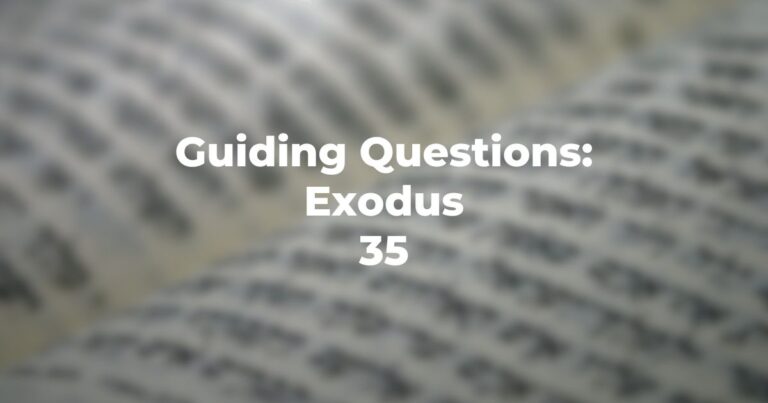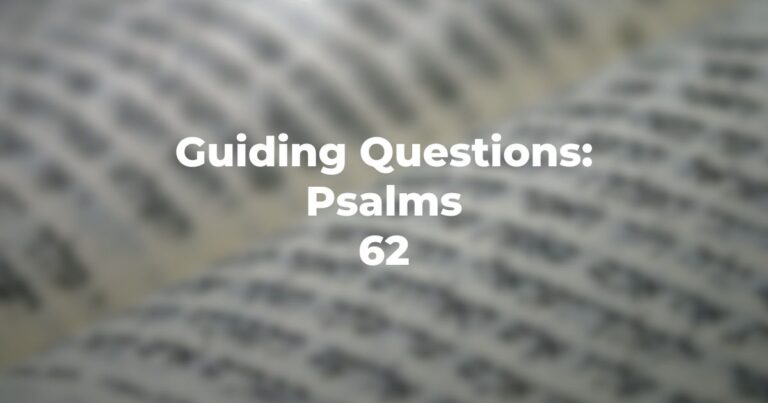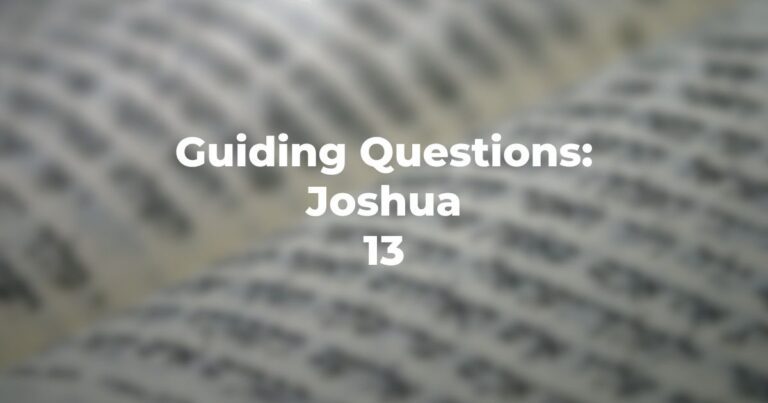- Genesis 25:1-6 confirm what inheritance line of descent for Abraham?
- The genealogy of Ishmael is set forth in Genesis 25:12–18 and then, in the next section, the genealogy of Isaac. Why this sequence?
- How many sons are ascribed to Ishmael (Genesis 25:13–15)? Is the number a coincidence?
- How does Isaac’s family life parallel Abraham’s?
- Does text indicate when or how Rivkah “consults God,” and is there a male accompaniment – Isaac or other?
- Genesis 25:23 predicts what as to Isaac’s prodigy – and how does this parallel Abraham’s children – or does it?
- If Genesis 25:23 has noted twins, why does Genesis 25:24 read as “a surprise”?
- What determines the names of the children – appearance and birth sequence or other?
- What is meant by “a dweller in tents”?
- Is a reason given why Rivkah loves Jacob?
- In Genesis 25:29, what is the meaning of “ayef” – in JPS translated as “famished”; elsewhere: “wounded and/or near death”?
- In the dialogue between Esau and Jacob (Genesis 25:31–33), why does Esau rank the birthright as inconsequential (“I am about to die”)?
- In Genesis 25:34, the text describes Esau as “spurning the birthright”; do you agree?
- Does text hint (let alone explicate) that either Rivkah or Isaac was aware of this “transaction”?
- How does this chapter (younger ranking the older) parallel in outcome the Ishmael – Isaac heritage story? How does it differ?
Author
-

Exploring Judaism is the digital home for Conservative/Masorti Judaism, embracing the beauty and complexity of Judaism, and our personal search for meaning, learning, and connecting. Our goal is to create content based on three core framing: Meaning-Making (Why?), Practical Living (How?), and Explainers (What?).
View all posts




